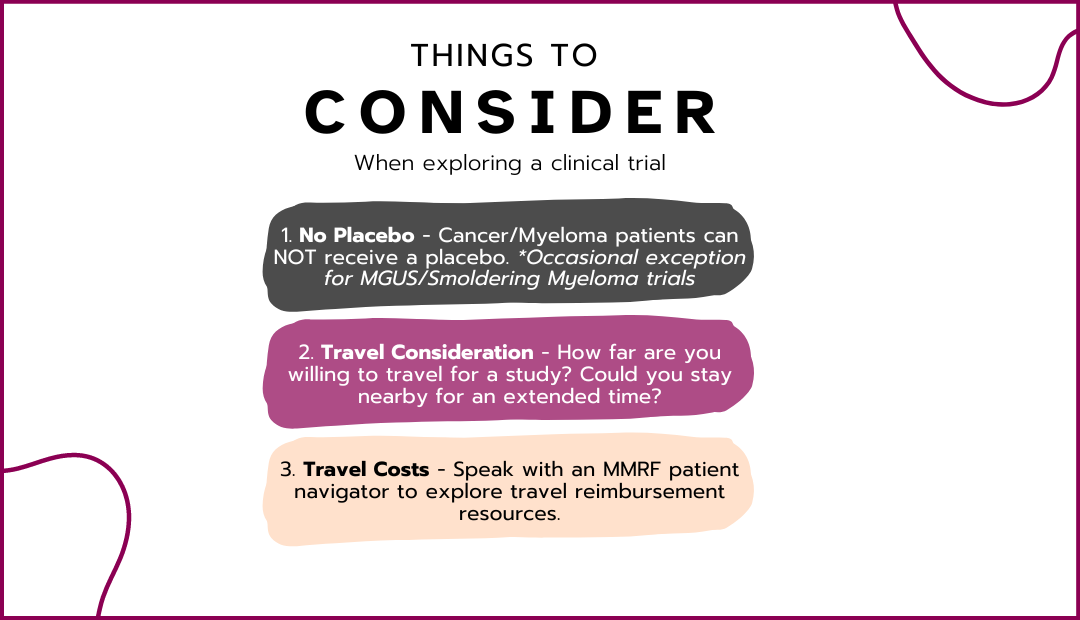Leflunomide, Pomalidomide, and Dexamethasone for the Treatment of Relapsed or Refractory Multiple Myeloma
NCT04508790
Age 18 +
Sex Both
Phase Phase 2
Third Opinion Trial Synopsis
Doctors want to know if three drugs, leflunomide, pomalidomide, and dexamethasone, can treat a cancer called multiple myeloma that has come back or is not responding to other treatments. Leflunomide can stop cancer cells from growing. Pomalidomide can help the body's immune system fight the cancer. And dexamethasone can kill the cancer cells or stop them from spreading. The doctors want to see if these drugs together work better than just pomalidomide and dexamethasone alone.
Doctors want to know if three drugs, leflunomide, pomalidomide, and dexamethasone, can treat a cancer called multiple myeloma that has come back or is not responding to other treatments. Leflunomide can stop cancer cells from growing. Pomalidomide can help the body's immune system fight the cancer. And dexamethasone can kill the cancer cells or stop them from spreading. The doctors want to see if these drugs together work better than just pomalidomide and dexamethasone alone.
Third Opinion AI Generated Synopsis
Trial Summary
This phase II trial studies how well leflunomide, pomalidomide, and dexamethasone work for the treatment of multiple myeloma that has come back (relapsed) or does not respond to treatment (refractory). Leflunomide may stop the growth of cancer cells by blocking some of the enzymes needed for cell growth. Immunotherapy with pomalidomide, may induce changes in body's immune system and may interfere with the ability of tumor cells to grow and spread. Chemotherapy drugs, such as dexamethasone, work in different ways to stop the growth of cancer cells, either by killing the cells, by stopping them from dividing, or by stopping them from spreading. Giving leflunomide with pomalidomide and dexamethasone may work better in treating multiple myeloma compared to pomalidomide and dexamethasone alone.
This phase II trial studies how well leflunomide, pomalidomide, and dexamethasone work for the treatment of multiple myeloma that has come back (relapsed) or does not respond to treatment (refractory). Leflunomide may stop the growth of cancer cells by blocking some of the enzymes needed for cell growth. Immunotherapy with pomalidomide, may induce changes in body's immune system and may interfere with the ability of tumor cells to grow and spread. Chemotherapy drugs, such as dexamethasone, work in different ways to stop the growth of cancer cells, either by killing the cells, by stopping them from dividing, or by stopping them from spreading. Giving leflunomide with pomalidomide and dexamethasone may work better in treating multiple myeloma compared to pomalidomide and dexamethasone alone.
from ClinicalTrials.gov
Locations & Contact
Fill out the form and to let the Multiple Myeloma Research Foundation know you are interested in this trial.
Contacts:

